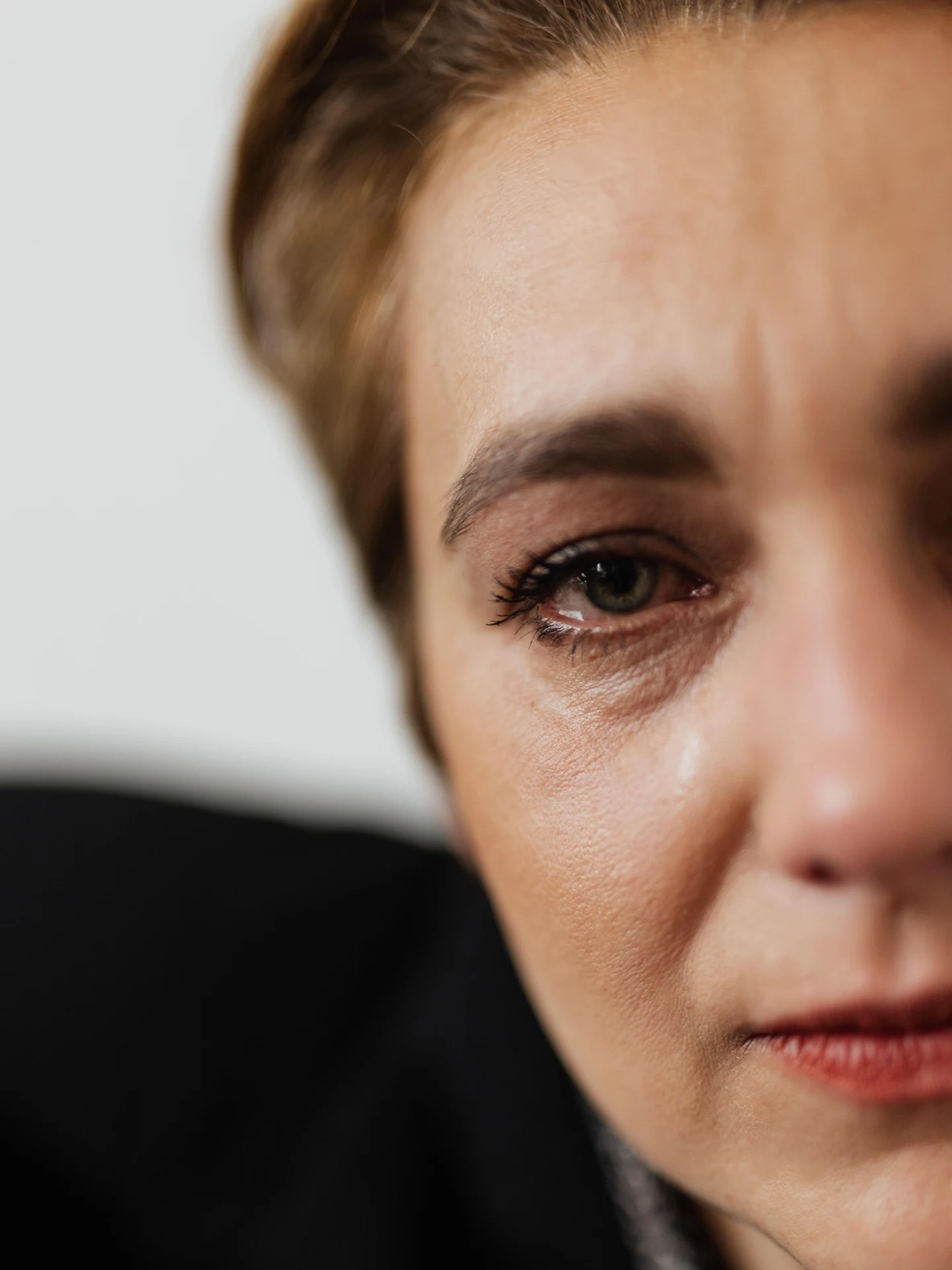There are various non-hormonal approaches that may be beneficial. Those that help you stay cool are some of the greatest solutions for hot flashes and nocturnal sweats. Dress in layers so you can rapidly remove clothing to change your body temperature; put a small fan nearby that you can turn on as needed; use cool-water compresses on your skin; maintain your bedroom at a lower temperature at night, and wear light clothing to bed (ideally made of fabrics designed to wick away moisture). In addition, make an effort to exercise on a regular basis. It has been demonstrated to lower overall menopausal symptoms and may assist in enhancing your sleep quality. Also, make an appointment with your doctor. Depending on what she can do, she may be able to give you more options for therapy and rule out other health problems that could be causing your pain.
